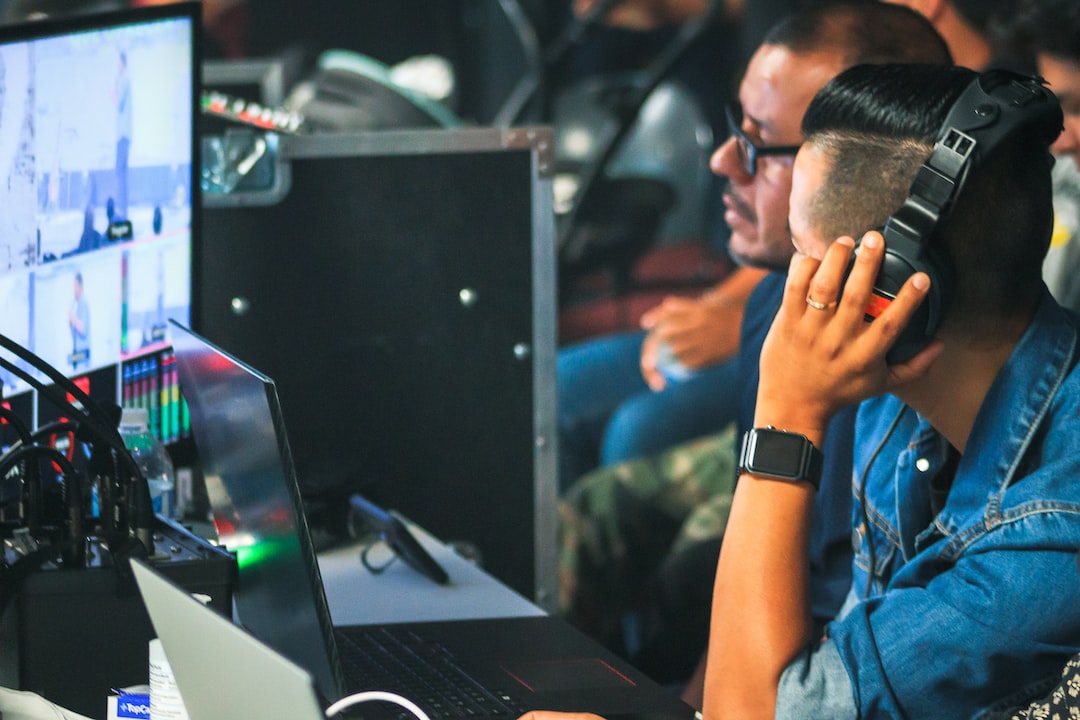The media has always played a significant role in shaping people’s opinions, attitudes, and beliefs towards political issues. With the advent of new media such as social media, blogs, and websites, the impact of media on political boundaries has become more significant than ever before. Political boundaries are the lines that separate nations or states and the rules and regulations that govern their interactions. Here are some of the impacts of media on political boundaries.
Firstly, media has the ability to influence people’s political opinions. By framing and portraying news stories in a particular way, media can sway individuals’ attitudes and beliefs on political issues. For example, a news story that highlights the positive aspects of a political candidate can create a more favorable public image for that candidate. This can result in the political boundary between political parties shifting, and ultimately influence political outcomes.
Moreover, media can create misinformation, fake news, and propaganda on political issues. News agencies owned by political parties can be biased and publish news that is not truthful, in order to swing public opinions in their favor. Social media platforms have made it easier for people to share falsehoods, and these unregulated platforms can be rife with propaganda and fake news, which can ultimately affect political boundaries.
Another significant impact of media on political boundaries is the way media can unite or divide people across countries. In an increasingly interconnected world, media can create alliances between countries and bring people together. At the same time, extremist groups and propagandists can use similar media to create discord and sow division in societies, which can lead to tensions across political boundaries.
Furthermore, increased access to media across the globe means that we have access to more diverse viewpoints and perspectives on political issues. This can break down traditional political boundaries and lead to the establishment of new ones. The globalization of media means that people are exposed to different ideas, cultures, and political systems, which can impact political boundaries across different countries.
The impacts of media on political boundaries can be both positive and negative. On the one hand, media can inform, educate, and unite people across the globe. On the other hand, media can create division, spread propaganda, and promote fake news, which can exacerbate political tensions and conflict. Therefore, it is important to regulate media and ensure that it is accountable, transparent, and operates in the best interests of society.
In conclusion, media has a significant impact on political boundaries and can shape and influence political opinions, create propaganda, unite or divide people across different countries, and break traditional political boundaries. The role of media in shaping public opinion will only continue to grow as new technologies emerge, and it is of paramount importance to ensure that media operates within ethical and professional standards to encourage healthy political discourse and promote the common good.

